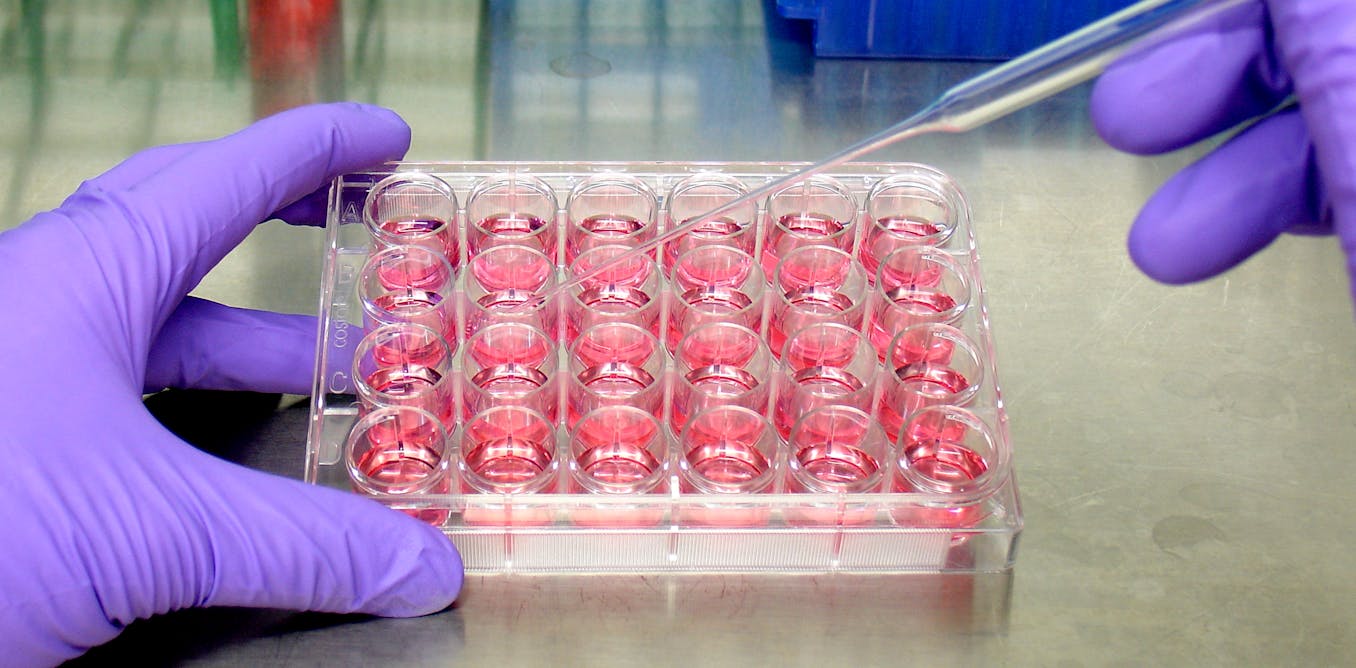We found and tested 47 old drugs that might treat the coronavirus: Results show promising leads and a whole new way to fight COVID-19
Researchers at the University of California, San Francisco, identified nine existing drugs that show promise to treat COVID-19. The proteins they target haven't been tried before.
April 30, 2020 • ~10 min






